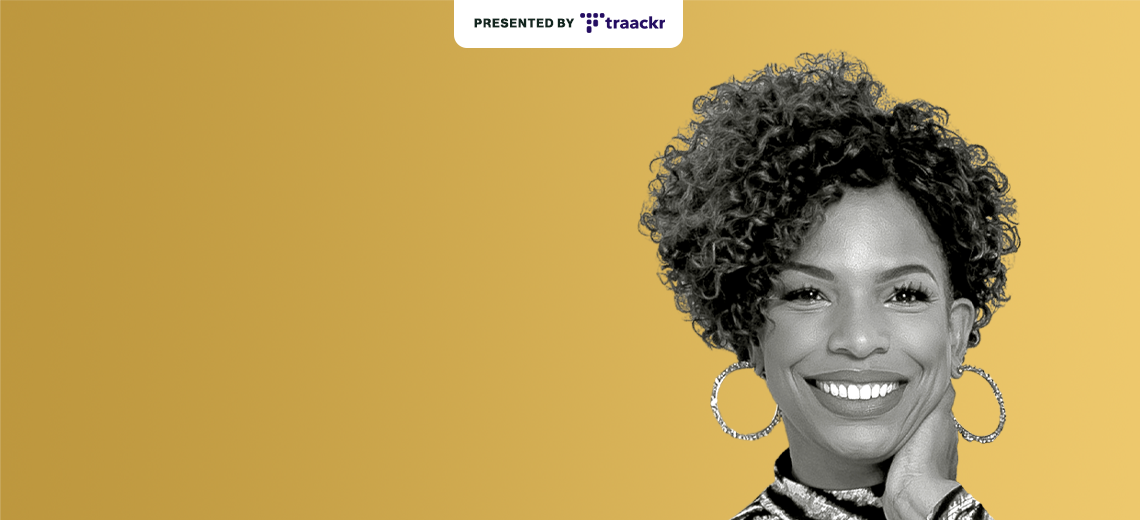This is an episode of the Glossy Beauty Podcast, which features candid conversations about how today’s trends are shaping the future of the beauty and wellness industries. More from the series →
Subscribe: Apple Podcasts | Stitcher | Google | Spotify
At L’Oréal, Erica Culpepper has overseen a portfolio of brands that have been at the forefront of the beauty industry’s transformation, when it comes to diversity, equity and inclusion.
With a tenure of over 17 years in the L’Oréal Consumer Products Division, she has worked across much of the company’s brand portfolio including holding positions at L’Oréal Paris, Maybelline and Garnier. Now the general manager for Carol’s Daughter, Softsheen-Carson and Thayers Natural Remedies, Culpepper candidly discussed the direction of the industry with host Priya Rao on this week’s Glossy Beauty Podcast.
“It’s important to support Black-owned brands. It’s also important to support Black-founded brands, as well as Black-led brands. So it’s all a very big and important conversation, and we need all of it in order to be successful,” she said during the interview, discussing the backlash that some founders receive when they sell their companies.
She also discussed the positive changes she’s seen in the industry, including retailers’ efforts to stock a more diverse range of brands, and the way social platforms like TikTok and a new generation of brand ambassadors are helping legacy brands reach a younger audience.
On the “Black-owned vs. Black-founded” conversation
“It was really difficult on a lot of levels, especially for a brand like Carol’s Daughter, where we have Lisa Price, who’s this highly visible, very well-respected Black founder, who is revered within the community. When this whole conversation around Black-owned erupted, there was so much energy and passion around that, that some of it became very personal in terms of, ‘Why did she sell her brand to L’Oréal?’ … We tackled that head-on. We had those conversations directly with the community.
There are deals that were broken because of the energy and the passion around this conversation, where companies were afraid to acquire other brands at that time because they were afraid of the backlash that would come out of that.”
Ad position: web_incontent_pos1
Retailers’ commitments to a diverse brand assortment
“There will come a time where we don’t have to be so overt about calling out [steps toward greater diversity]. But right now we do have to call it out, because the gaps have been so wide for so long. And so until we can start to close those gaps and it starts to feel more normal, I think it has to continue to be called out and really is the celebration. I think retailers are proud. They are very committed.
I believe what’s happening now is the perfect example of people truly walking the talk. It’s not about a big PR statement.”
Celebrity brand ambassadors with substance
“I don’t want to work with influencers or ambassadors just for their name. First of all, I want to work with somebody who embodies the spirit and the energy of the brand. I want to work with people who really care about the brand and the brand means something to them, so when they talk about it, they can talk about it from a meaningful place. And I want to work with people who are doing their own part, to make a difference in the world, not just in the work that they do, but also an impact they have with community.”
The TikTok effect
“We have this men’s grooming product called Magic Shave. It’s a Legacy product. It’s been around over 100 years, something that’s passed down from generation of men to generation of men. Last year, Magic sales tripled. It was like, ‘What is going on with Magic?’ So the team went and dug in — Magic went viral on TikTok.… It stayed viral for almost a year.”




